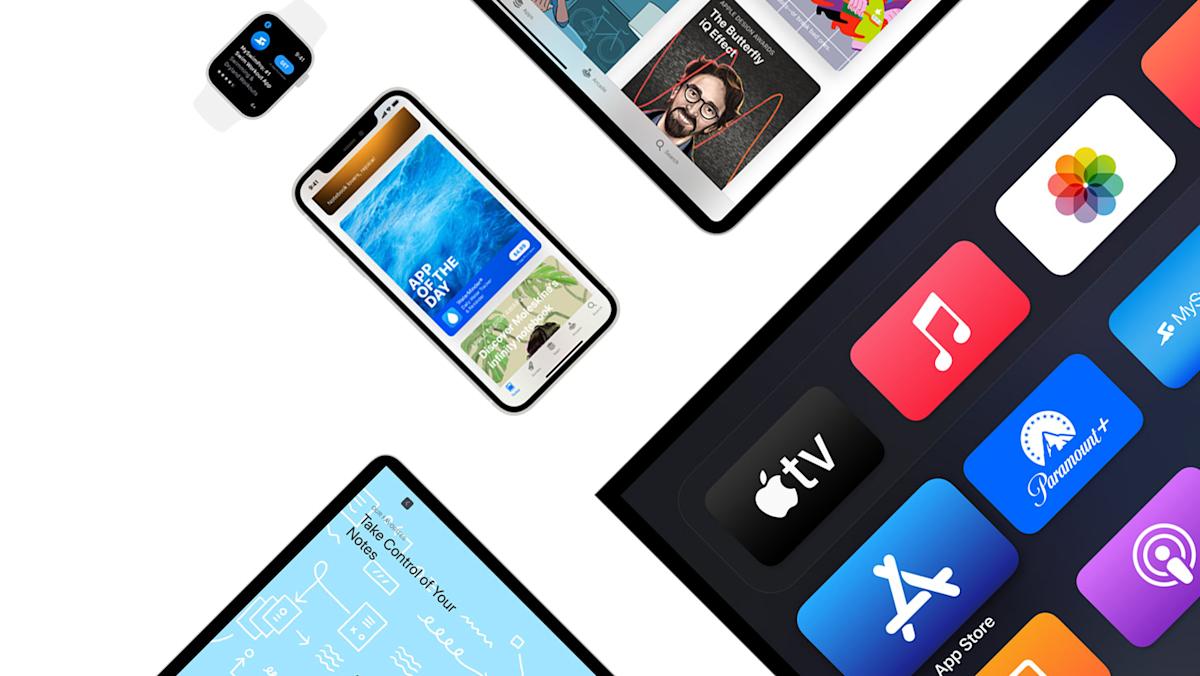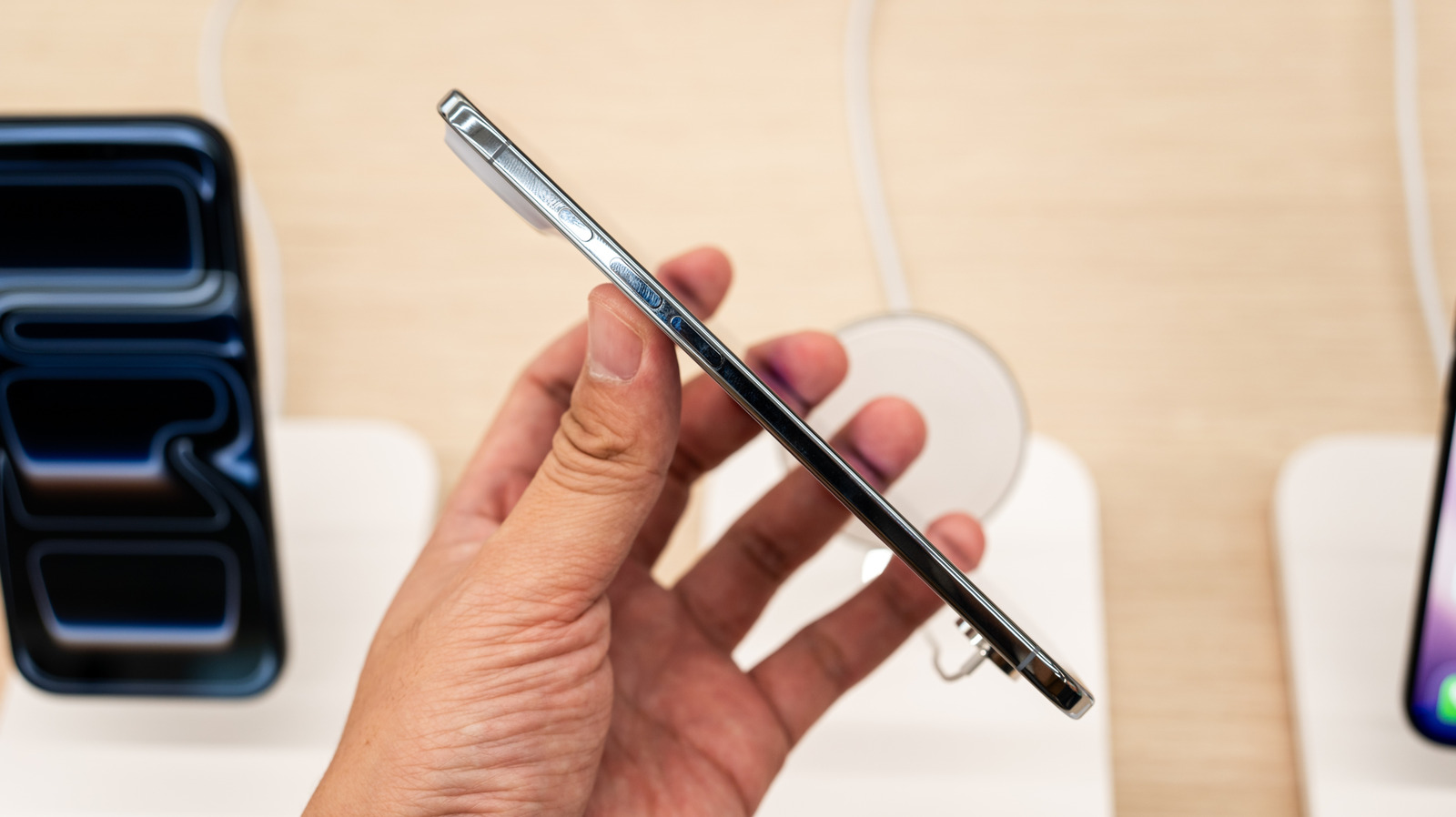A recent study published March 17 by researchers at the University of Michigan details the unique experiences of Black women on online dating platforms. Researchers examined the challenges Black women encounter and the socio-technical structures that impact their online romantic experiences. The research focused on the negative experiences of Black women in finding relationships online because of algorithmic systems behind frequently used dating apps that disproportionately hinder their visibility
The study involved interviewing 20 Black women across the United States between the ages of 18-30. The interviews were designed to be a one-on-one narrative walkthrough of each woman’s experiences in the online dating sphere.
In an interview with The Michigan Daily, Rackham student Jasmine Banks, a lead researcher of the study, explained how the interviews were not as simple as she had initially expected. Banks said the women were deeply moved someone was taking the time to ask them about the complexities of the online dating scene.
“(The interviews) ended up being more (close) to what I would probably consider counseling sessions where a lot of women started crying,” Banks said. “It was very emotional in the way that most of them were like, ‘This is the first time I’ve ever been asked these questions or had a space to where I can actually express some of these feelings,’ particularly around how dating apps made them feel about themselves.”
Black women in the study felt the online space was shaped by misogynoir, racial fetishes and microaggressions that make dating online feel lonely. Additionally, the interviewees felt Black men mainly pursued white women and experienced less stigmatization when doing so in comparison to Black women. According to Banks, stereotypes surrounding Black women have created challenges in their online dating quests and left them feeling less desirable.
“(Women studied) feel that Black men tend to want a day outside of their race because of stereotypes, and the stereotypes tend to be about Black women being harder to control, louder or, you know, more opinionated,” Banks said. “But then we get this, outside, inward thing, where Black women’s families are like, ‘Oh no, you should be with a Black man’.”
The research focused on the inequality certain minority groups face using dating apps. The inequality included the lack of profile visibility and disregard of their dating preferences. A group of dating apps owned by Match Group such as Tinder, OKCupid and Match previously used the algorithm technology Elo scores until 2019, which prioritized individuals by allowing them to appear on others profiles more frequently based on their attractiveness and the swiping patterns of others, limiting dating options for some people. According to the study, algorithmic rankings continue today, influencing the desirability of users by making less viewed profiles nearly invisible to other accounts and favoring people with greater engagement. This gives certain groups less chances of finding matches on online platforms. Banks explains that when nontransparent algorithms make the choices for an individual, it can be difficult to successfully find a suitable match online.
“(The algorithm) becomes an issue when you don’t know how those decisions are made,” Banks said. “If you think that you’re getting a larger pool based on the things that you actually want, but what you’re getting is people within this range, based on what they decide, then there’s going to be a huge discrepancy of people that you actually get shown versus people that would actually be a potentially good match for you.”
Rackham student Mel Monier, the other lead researcher, highlighted in an interview with The Daily the underlying issues in the development of dating apps and the origins of inherent biases.
“Studies have already shown us that algorithms are not neutral,” Monier said. “They are (made of) a reflection of the society that creates them and they’re made by humans, and humans are inherently biased. When you have a tech field that centers whiteness and masculinity, then the products that are made inherently also center whiteness and masculinity.”
In the interviews conducted with Black women, the women called for a critical reevaluation of digital dating platforms that prioritize equity and inclusivity. According to Monier, creating a more inclusive and safe environment on digital platforms benefits everyone and this responsibility should be on the platforms themselves.
“I think that it has to come from the platforms to want to take that initiative to make a safer and more inclusive space, and that’s universal design,” Monier said. “Making the app safer for Black women makes the app safer for everybody, makes it easier to use for everybody, makes it more enjoyable for everybody.”
Daily News Contributor Sophie Cloutier can be reached at sophiecl@umich.edu.


